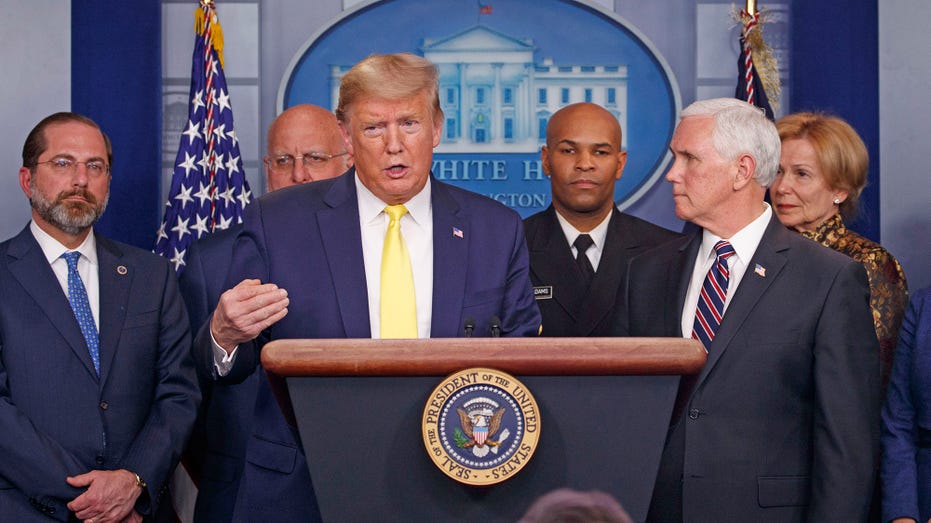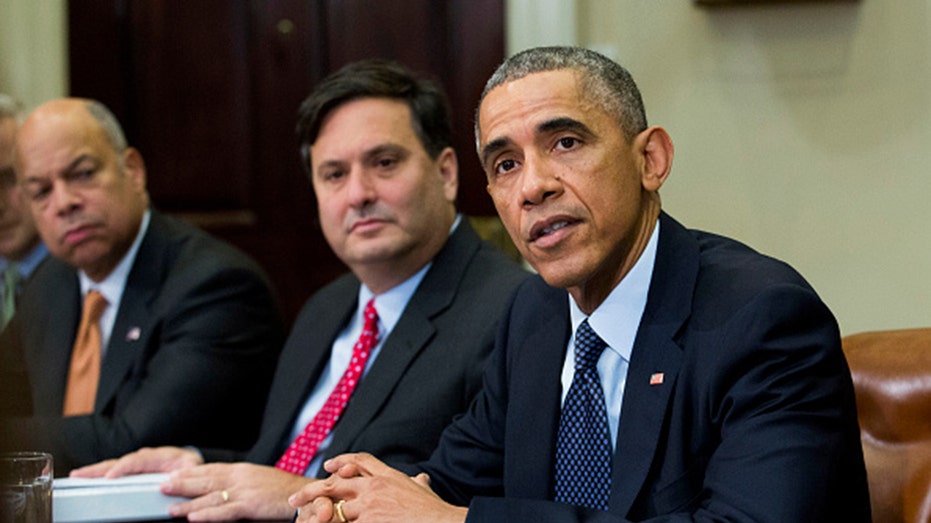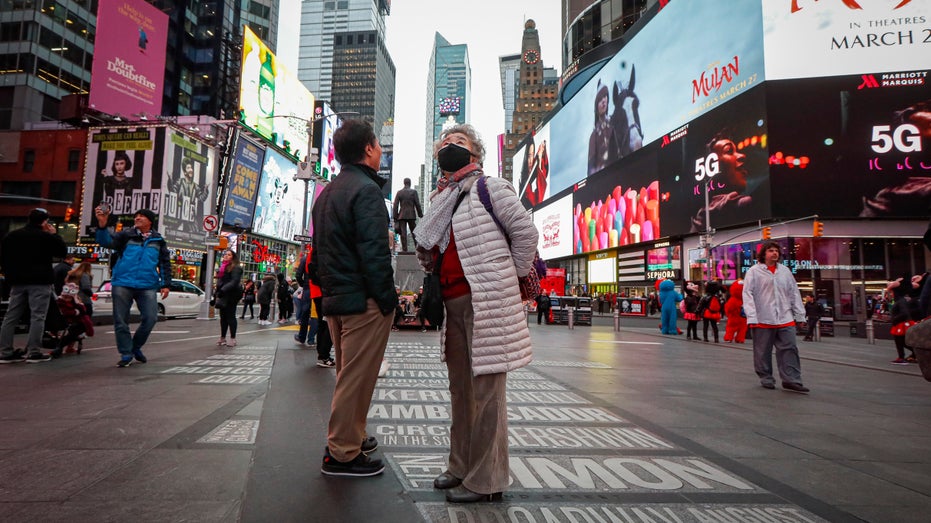What does a national emergency mean for the US?
The National Emergencies Act was passed in 1976 to end emergencies in the U.S.
President Trump declared a national emergency and enacted emergency powers outlined in the Stafford Act because of the novel coronavirus pandemic Friday.
"We have very strong emergency powers under the Stafford Act," the president said during a meeting with the Irish prime minister on Thursday. "If I need to do something, I'll do it. I have the right to do a lot of things that people don't even know about."
The president declared a public health emergency related to COVID-19 on Jan. 31, which allows the government to unlock money for antiviral drugs and other medical preparedness measures.

President Donald Trump speaks in the briefing room of the White House in Washington, Monday, March, 9, 2020, about the coronavirus outbreak. (AP Photo/Carolyn Kaster)
The National Emergencies Act was passed in 1976 as a measure to, simply put, end emergencies in the United States. The act allows the president access to tens of billions of dollars to stop an emergency situation that would have otherwise been spent differently.
In declaring an emergency, Trump is also expected to assume powers granted to him by the Stafford Act, otherwise known as the Robert T. Stafford Disaster Relief and Emergency Assistance Act of 1988, which enables the president to use funds for disaster relief and other emegerncy assistance funds with congressional approval.
SHOULD TRUMP GET A COVID-19 TEST?
The act also, however, requires state governors to respond to an emergency declaration in writing and perform state-specific emergency response measures before requesting this kind of financial assistance.
The Stafford Act will likely allocate billions of dollars in funds for virus test kits, medicine, other medical supplies and even food and water at states' requests.
Every U.S. president since 1976 has declared at least one national emergency, and former President Obama declared an emergency in 2009 during the H1N1 influenza, or swine flu, pandemic.

U.S. President Barack Obama, right, speaks as Ebola coordinator Ron Klain listens during a news conference in the Roosevelt Room of the White House in Washington, D.C., on Tuesday, Nov. 18, 2014. (Drew Angerer/Bloomberg via Getty Images)
Trump was criticized for declaring a national emergency at the U.S.-Mexico border in 2018 that allocated billions of dollars in military construction spending to building a wall along the border.
In his emergency proclamation, Trump said the border was "a major entry point for criminals, gang members, and illicit narcotics" and one that threatens "core national security interests."
WILL CORONAVIRUS CAUSE A RECESSION? WATCH THESE TELLTALE SIGNS
The White House is under enormous pressure, dealing with the crisis on multiple fronts as it encroached ever closer on the president.
The virus has swept in alarming ways across American life, sending the financial markets into a dangerous slide and shuttering schools and sporting events and limiting everyday interactions in communities throughout the country.

A pedestrian wearing a face mask stops in Times Square, Thursday, March 12, 2020, in New York. (AP Photo/John Minchillo)
At least 1,600 people in the United States tested positive for the virus, and more than 40 people have died as of Friday morning.
AMID CORONAVIRUS RESPONSE, HHS EMAIL SYSTEM CRASHED
And a personal health scare intensified as White House officials worked to determine the level of exposure by the president and senior aides to several foreign officials who have since tested positive for the virus.
GET FOX BUSINESS ON THE GO BY CLICKING HERE
The Associated Press contributed to this report.




















